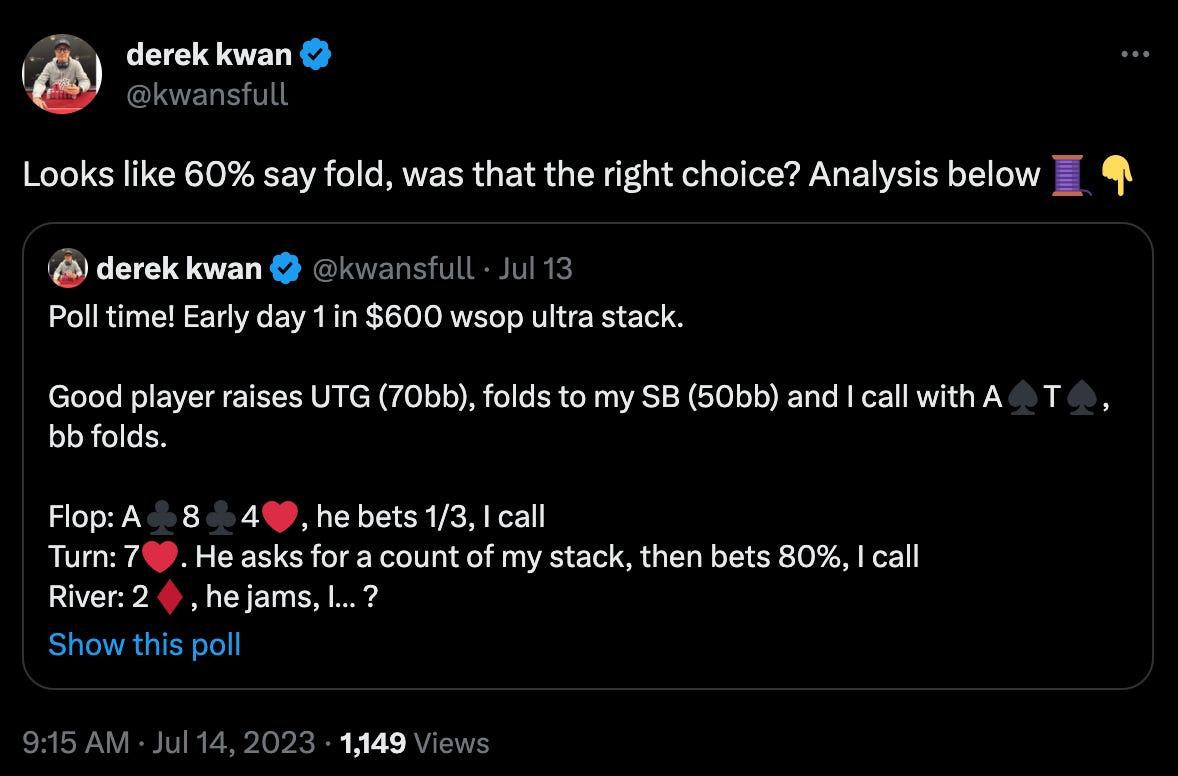Protect yourself against poker cheats
Protecting Yourself Against Poker Cheats: Know the Tricks and Tips
Poker is a highly strategic game that requires skill, strategy, and a dash of luck. Most players come to compete fairly, and play within the rules of the game. However, a minority of individuals resort to cheating to gain an unfair advantage over their opponents.
Being aware of the various cheating techniques and knowing how to safeguard yourself can protect you from losing money unfairly, and overall help maintain the integrity of the game and ensure an even playing field.
Let’s explore different ways people can cheat at poker and provide essential tips on how you can protect yourself from falling victim to these deceptive tactics.
Collusion
Collusion involves two or more players secretly working together to gain an unfair advantage. They can soft play and try to avoid taking chips from each other, or in the case of tournaments, chip dump to each other so one player has more chips and has a higher chance of going deep. They can also do things like share information about their hands or even signal each other during the game. Casinos already have rules in place, such as showing both hands in an all in to ensure the hands were played in a sensible way, and generally have cameras over the tables to watch for suspicious behavior. To protect yourself, be cautious of suspicious player behavior, especially if you notice players exhibiting any of the behaviors above. In the online arena, this is really hard to police, and can be very prevalent, with players sharing hole cards with each other, or “ghosting”, where a better player may take over for an account when they get deep into the tournament.
Marked Cards
Cheaters may use marked cards to identify the value or suit of a card easily. They can be as simple as just bending cards or scratching or creasing them with a nail. They can be get more sophisticated, and might use subtle marks that are invisible to the naked eye but can be detected using special tools or techniques. To safeguard yourself, watch for marks on cards, especially those of higher value, and generally pay attention to other players and how they handle their cards.
Card Switching
Some cheats may attempt to switch cards during the game, replacing unfavorable cards in their hand with better ones. This is highly unlikely in casinos, but can happen in some home games with some talented card sharps.
Card peeking
If you don’t protect your hands, or if a dealer is being a bit sloppy with their deals, your cards may get exposed to other players, putting you at a huge disadvantage in the hand. Stay vigilant and always keep your cards protected, and notify dealers if they are accidentally exposing cards. If you see a card flash, do the right thing and notify the table of what you think you saw, so that everyone has the same info as you do.
Bots (online)
In the digital age, online poker introduces its own set of cheating risks. Bots, software programs that play automatically, can be employed to gain an unfair advantage. Look for reputable online poker sites that have advanced security measures in place to detect and prevent such fraudulent activities.
As an extension of this, the rise of real time solvers can enable some players to play like bots, and perform beyond their actual capabilities. More and more measures seem to come all the time to prevent this, but just be aware that these methods are out there. And do the right thing yourselves and never use solvers to help you during hands.
Colluding with the Dealer
In some cases, a dealer might be involved in the cheating scheme, helping certain players by exposing cards or manipulating the deck. Play at reputable casinos and poker rooms that have a strong reputation for fair play and employ professional and trustworthy dealers, and always be careful in home games and watch for any shady activity.
Tips to Protect Yourself
Be Mindful of Player Behavior: Pay attention to unusual actions or patterns exhibited by certain players during the game. Keep track of betting habits and sudden changes in play style.
Insist on Shuffling: Encourage thorough shuffling of the cards before each game. This minimizes the risk of using pre-marked or stacked decks.
Maintain a Secure Playing Area: Keep your cards protected and avoid exposing them unintentionally. Be cautious of anyone who gets too close to your hand or tries to handle your cards.
Play at Reputable Venues: Choose well-established and reputable poker rooms or casinos with a strong track record of fair play and integrity.
Report Suspicious Activity: If you suspect cheating, report it to the casino or poker room management immediately. Most establishments take cheating seriously and will investigate any legitimate concerns.
Conclusion
Poker is a game of skill, strategy, and camaraderie. By being aware of the various cheating methods and employing the provided tips, you can protect yourself and ensure that the game is played fairly and honestly. Remember, fostering a trustworthy poker environment benefits all players and enhances the overall enjoyment of our classic card game.
Laugh of the week
https://twitter.com/kwansfull/status/1679514970529341446?s=20
Read of the week
https://www.pokernews.com/news/2023/07/daniel-weinman-wins-2023-wsop-main-event-44142.htm
Hand of the week
https://twitter.com/kwansfull/status/1679887314812829696?s=20







